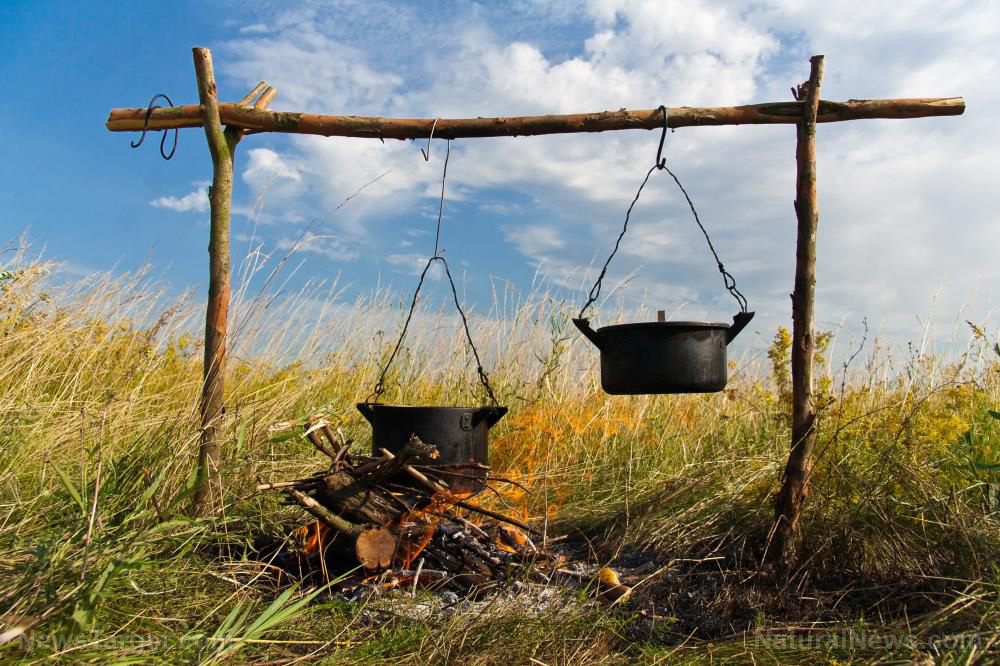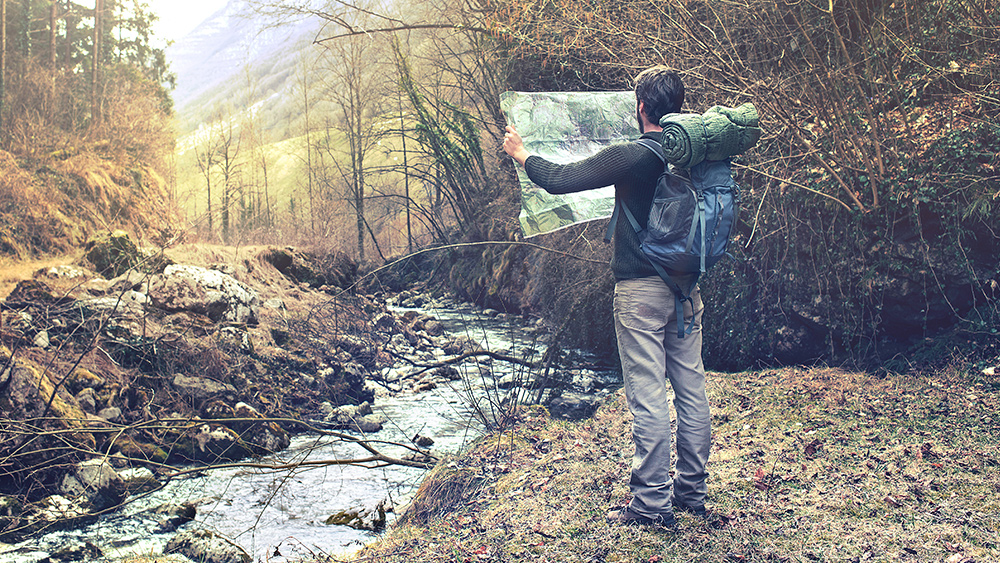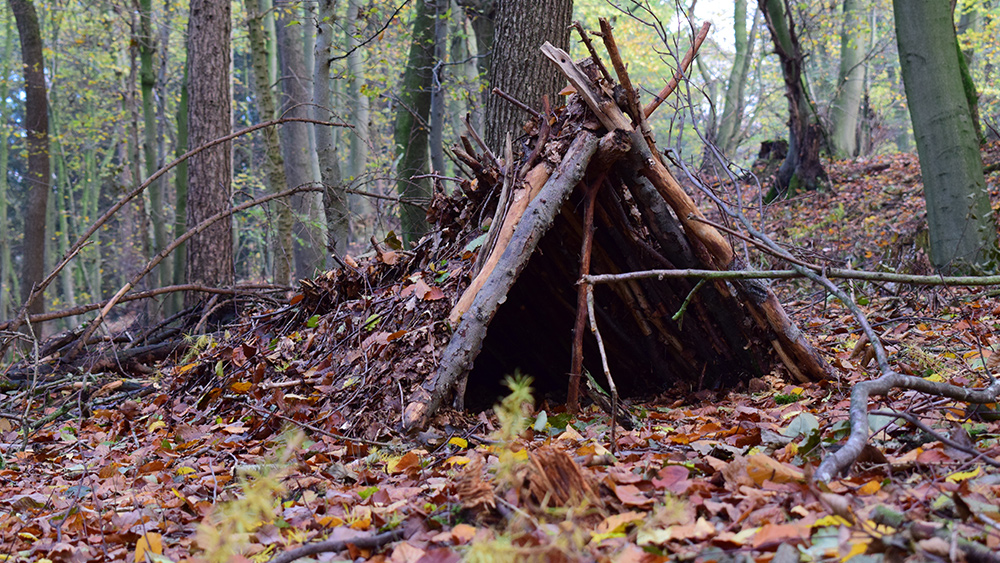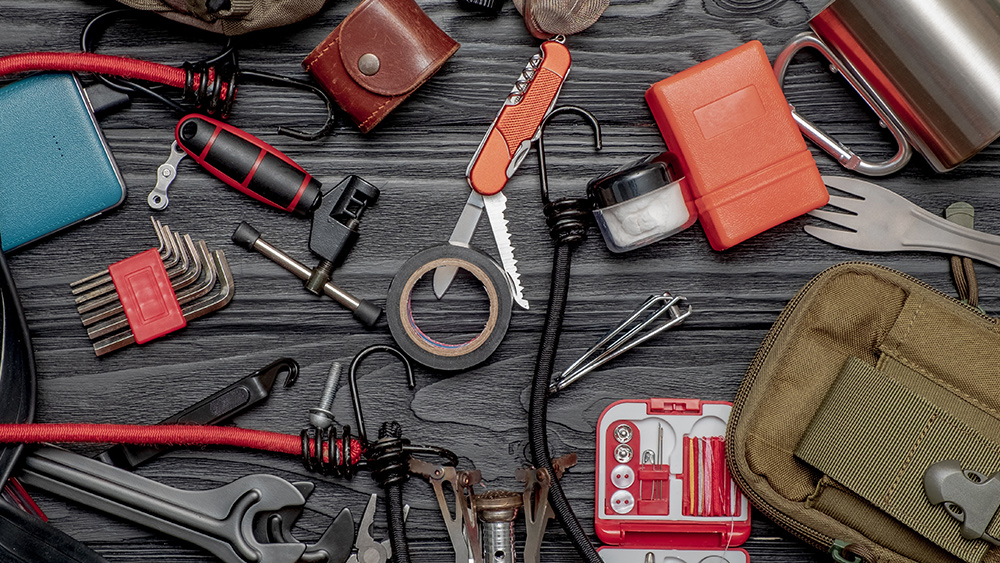
Before disaster strikes, preppers finalize their plans for bugging in – that is, staying home to weather whatever disaster may come their way. However, they are also prepared to bug out – to evacuate to a secure location when things get dicey. (h/t to MDCreekmore.com)
How do you decide on a bug-out location? Here are some factors to consider before you spend time or money securing a hideout before SHTF.
Get to know your neighbors
Before you commit to spending money on a second property, determine who your neighbors are going to be.
Answer these questions before you start planning:
- Does the area have a high crime rate?
- Are your neighbors going to be like-minded preppers who will leave you alone to do your own thing?
- Is the weather good for growing various crops?
Is the location accessible?
Can you reach your bug-out location on foot or do you need to drive? Consider how the rest of your family will reach this secure location.
Is it accessible even for the young ones? What happens if the family gets separated when SHTF? Determine a meetup location so the whole family can find each other before you head to your actual hideout.
Find a location near clean water
A picture-perfect cabin near a lake seems inviting, but it needs to have these things:
- A clean, natural source of water
- Healthy soil for gardening
- Wild edible plants for foraging
- Wildlife for hunting
If your budget is tight, do your best to fix up your bug-out location when you have free time and extra money for fortifying it. Familiarize yourself with the area – ask how the hunting is in your particular area of the woods and try to identify the plants near your hideout. Learn which plants are edible, have medicinal properties, and which ones are poisonous.
If the land is fertile, consider cultivating a garden. You can also raise livestock to augment your food supply. (Related: Consider these factors before deciding to bug in or out.)
Have a plan A, then prepare plans B and C
Disaster scenarios aren't always cataclysmic. Sometimes, small problems can pile up. Unless you're prepared to face them, these small concerns can severely delay your survival plans.
If something seems too good to be true, it probably is. For instance, a piece of land that's being sold for next to nothing should be investigated. The land you're about to pay for could be located in an area that isn't ideal for bugging out, or it might be located in a place with a high crime rate.
Manage your finances and save money
Consider your needs and wants when planning for a bug-out scenario. Is your plan sustainable if you lose your job tomorrow?
Save so you can get by even if you suddenly get laid off. Ideally, you should have the funds to cover a month or several months of your finances until you get back on your feet.
Survival skills are useful, but you also need to learn how to manage your finances before SHTF. This ensures that you'll have one less thing to worry about in a survival scenario.
Learn how to find resources
You can stock up on supplies, but everything is finite. To ensure that you always have what you need at hand, learn how to make important supplies. If you have a garden, get to know the different methods for preserving food.
Reassess scenarios that you think you're 100 percent prepared for. What if something else happens? Will your plans cover these changes?
If your bug-out location is near a water source, don't get complacent. Set up a backup system for gathering clean water, like a rainwater catchment. You can't have too much water when SHTF.
Secure your supplies
When SHTF, desperate people will do anything to take what they need, regardless of consequences. Hide your supplies in secret locations or keep important and hard-to-replace survival gear somewhere secure.
Talk to the locals in your bug-out location. What kind of food did their grandparents eat? Can you find the same resources today?
It's also normal to make mistakes, especially if you're new to prepping. Don't let this discourage you. Learn from what went wrong and use your experience to be a better prepper.
At its core, survival is about your mindset. You can have the best gear in the world, but when disaster strikes and you panic, your prepper gear will be useless to you.
Preppers know that you can't predict if or when SHTF. But it doesn't hurt to try, and maintaining a calm demeanor when things get tough will help you endure the challenges that life throws your way.
Sources include:
Please contact us for more information.





















